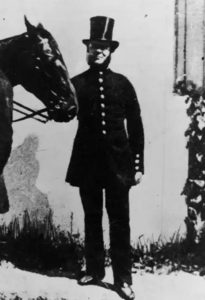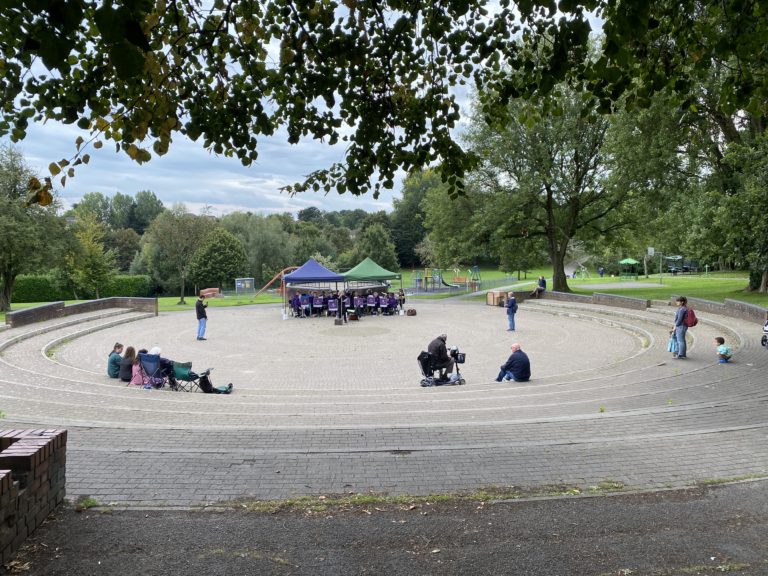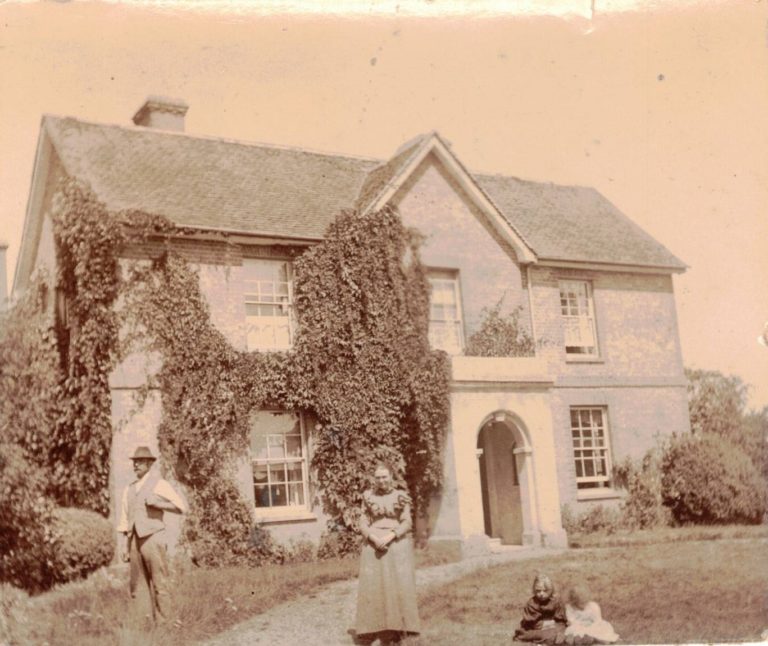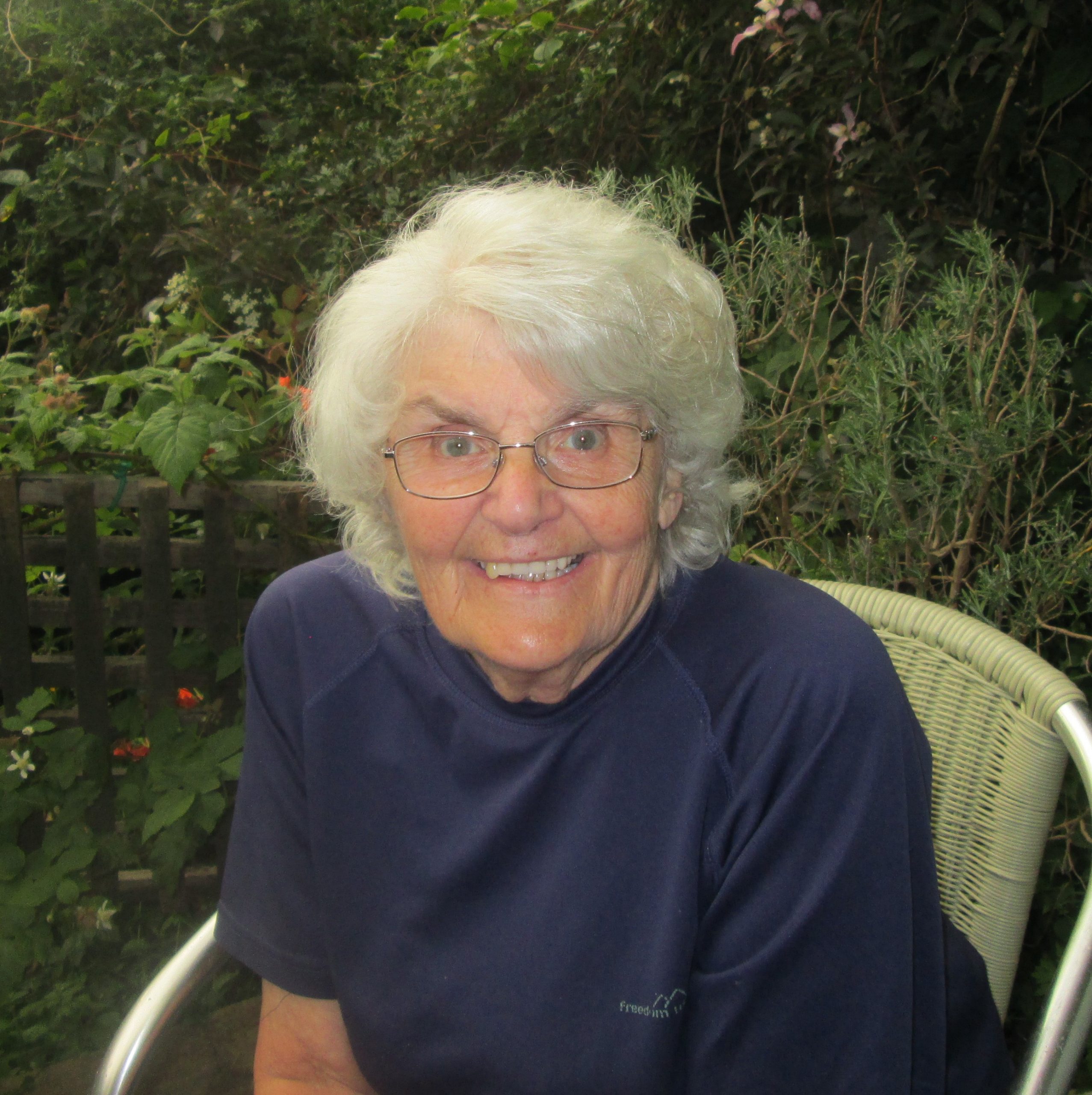
Isaac Pillinger was born in 1806 and christened on Christmas Eve 1809 at St John’s church in Bedminster, the son of William Pillinger and his wife Jemima. (These parents are a mystery couple: though William Pillingers abound, none married a Jemima and neither does the lady appear anywhere else.) On 27th June 1831 Isaac, their son, married Ann Fryer at St Paul’s, Bristol.
In 1836, the Bristol Constabulary was formed. It was a step up in the world for an ambitious and literate man and Isaac was both. His application to the Watch Committee was accepted and his name appears among the 232 members of the original force. He is described
“Height: 5 ft 7½ inches; Date of Joining: June 22nd 1836; Born in England in 1806; Previous occupation: labourer; Warrant no. 192.
Isaac gave satisfaction almost immediately. Within months of joining his name is among those recommended for Inspectors and Sergeants. Here his previous occupation is described as ‘Milkman of the Plough, Bedminster’. (He must have been in lodgings at The Plough, which was at 29 Bedminster Down Road. It is listed on the internet as ‘one of Bristol’s lost pubs’ and has been converted into flats.)
The preferment of Constable Pillinger caused some rancour. He was accused by his fellow Pc Mark Coleman of ‘going into his house on several occasions whilst on duty’. This trivial complaint was dismissed unanimously and it was case of the biter bit. For improper conduct in failing to substantiate the accusation Coleman was fined 2s 3d. Isaac’s promotion was confirmed and on October 25th 1837 he became Police Sergeant Pillinger, No. 3, of the Bristol Force.
In 1838 he appeared for the prosecution in ‘The Queen versus Gillard’. The Bristol Mercury of July 21st that year reports the case at length, providing a vivid picture of the dark side of life in Bristol among the petty criminal poor.
William Gillard & Jane, his wife, were placed at the bar for examination. Police Sergeant Cooper, no. 13, deposed that on Friday last the prisoners were brought to St Philip’s Station House on a charge of having a pair of stolen boots in their possession, when he, knowing them to be in the habit of uttering counterfeit coin, searched Gillard, who said that “he was too wide awake to carry any about with him”. The prisoner’s cocksure remark backfired and Cooper went to Gillard’s lodgings in Cheese Lane where he saw Robert Gillard, a lad of about 14 years old, son of the prisoners. Presumably in plain clothes, he tricked the boy into believing his mother had sent for the sixpences she had left at home. Upon which Robert Gillard went
‘to a place under the stairs where rabbits were kept and pulled out a piece of paper containing seven counterfeit sixpences in an unfinished state.’
Cooper later returned with Sergeant Pillinger and they searched the premises.
‘They discovered a quantity of plaister [sic] of parish, lime, a file, a ladle and other implements used for the purposes of coining.’
Sergeant Pillinger produced for the court
‘a piece of rag containing 34 counterfeit sixpences which he found concealed between the rafters and tiles of the back kitchen.’
Mr Day for the Prosecution called Jane Gillard, aged ten, daughter of the accused. Mr Drake for the Defence asked if they could proceed without the child’s testimony, but Mr Day insisted that they must use her as it was Crown Prosecution. The little girl was duly sworn and deposed that she had seen her
‘mother and father make counterfeit coins using the instruments produced for the purpose’.
She went into a minute account of the process and means used to sell the coin and avoid detection ‘which we do not think it prudent here to repeat’ reported the Bristol Mercury primly.
Her brother Robert was called next. He said his mother gave him counterfeit sixpences to take care of and that he had often seen one of the implements in his father’s hands.
As the kitchen where the counterfeit money was found was used in common by all the lodgers in the house, they were all examined to prove that they knew nothing of the coining. An expert witness, Mr Frank, confirmed the coins were counterfeit and had all been cast in the same mould. That concluded the evidence and the prisoners were remanded for a week, during which time the mother, whilst in the Bridewell, threatened the two children. The Mayor of Bristol was sufficiently moved to give the children half a crown (2s 6d) to share between them.
The trial resumed. The Attorney General decided not to proceed against Jane Gillard who was formally discharged, then re-arraigned on the original charge of stealing shoes. The Court heard that the children had been ‘ill-used’. Robert and Jane were instructed to run and tell their father in the Bridewell should the same thing happen again.
Both cases were completed at the Michaelmas Sessions (13th October) Gillard was sentenced to two years; Jane Gillard was acquitted. We can only imagine the lot of the children returned to her none too tender care.
(Jane Gillard, junior, by then fourteen, turns up in the census of 1841 at a small girls’ school at St James’ Place, Kingsdown, which seems to have been a charitable organisation,[1] run by a Mrs Knott with her five daughters, all schoolmistresses. Of the other members of the family there is no trace.)
The Gillard caseseems to have been the most serious crime Isaac was involved in. Most of the activity in which he can be identified involved drunkenness and petty thievery. For example, in August 1838 Sarah Porter and Eliza Hawkins were arrested and charged with stealing £2.18s. 6d from a Welsh hawker called Thomas Evans who had come to Bristol, as he said, ‘for the purpose of buying slippers.’ After drinking ‘rather freely’ he had been taken to a lodging house where he had drunk more, and had fallen into the company of the accused women. At half past one in the morning of August 25th Pc 150 found him lying on the ground in Ann Street, dead drunk. The constable sent for Ps Pillinger. When they failed to arouse him, Isaac sent his subordinate to organise a stretcher. Sergeant Pillinger said he was standing watch over the drunken man when he heard two females coming. It was a dark street and he slipped into the shadows of a doorway. He heard one of the prisoners exclaim (with an oath) ‘Here he is!’ They then stooped over the comatose man and the prisoner Porter took some money out of the drunk’s pocket, whereupon the Sergeant ‘jumped out’ from his hiding place, and seized hold of the women. Porter threw some money into a can of beer which Hawkins was carrying. When questioned she said it was two or three shillings of her own money. When the can was examined it was found to contain £2. 18s 6d. Evans later recovered sufficiently to assert he had £4 in his pocket when he first came to Bristol. The two women said they had merely stooped to pick the money up and could not account for it getting into the can. At the Quarter Sessions in October they were each sentenced to three months.[2]
Other cases in which Isaac figured concerned the theft of iron railway lines from the GWR, (they had bought them, of course, from the usual unknown man in a pub); a man who stole two bags of nuts from a wholesale fruiterer; a man called Davis who threw a saucer at his father-in-law, a pub landlord called James Usher, allegedly ‘severing an artery in his face’. This was a serious matter but Usher, ‘too ill to come to court’, declined to bring charges, arousing the ire of the magistrate. In a complete turnaround, Isaac himself was the victim of a theft – of two lop-eared rabbits from his home address. Robert Ridd said he stumbled on the rabbits in the street and picked them up from his home. He was sent for trial – but nothing further is reported.
Only one of Isaac’s cases involved a death. This was a sad affair, the suicide of a seventy year old ex-marine, John Oliver, who had been evicted from his lodgings in Leadhouse Lane, St Philip’s. He cut his throat with a shoemaker’s knife. A concerned neighbour Mr Edwards, contacted St Peter’s Hospital which declined to treat a suicide and told him to contact the Police. Isaac Pillinger immediately called ‘a Hackney Fly’ and Oliver was conveyed to the Infirmary. Alas, nothing could be done for him, and he died the next day. An inquest decided that ‘this rash act was caused by fear of poverty’ and issued a verdict of ‘Temporary Insanitary’. [3]
In 1844, Isaac was cautioned for a misdemeanour, ‘not warning Pc 175 to attend a hearing at the Council House.’ The census of 1851 records him living with his wife Ann in a shared house at Harleston Street, St Philip’s. An eighteen year old dressmaker, Emily Jane Weare, was a visitor on census night. The same year saw him back in favour when he was promoted to Patrol Sergeant.
The year 1857 brought about his downfall. A career which had begun with a fair amount of promise ended because of a display of ill-temper backed up pig-headedness. The Watch Committee minutes tell us that Ps Pillinger spoke ‘impertinently’ to his superintendent when asked why he was on the sick list. We may be sure that the impertinence took a less refined form than that effete word suggests. For his outburst he was required to apologise. This he stubbornly refused to do and after 21 years he was dismissed from the Police Service. (His temperament, is so much like every Pillinger I have ever known that I have no hesitation in claiming him as part of the clan.)

The original Police wore top hats. They carried a whistle and a truncheon plus a notebook. (Picture from “History Extra”).
Ann Pillinger died in 1855, and Isaac remarried a year later, Caroline Cooper Jenkins, the daughter of Ps Cooper his former partner. Isaac and Caroline had a daughter, Laura Amelia Cooper in 1861 who appears in the census that year aged two months at 12 Church Street, St Philips along with Isaac, 54, “proprietor of houses’, Laura, 42, and her son, Frederick Smith Cooper Jenkins, aged 12. In 1871, now at 7 Clarence Place, the line-up remains the same, with everybody ten years older. Isaac is ’a retired Police Sergeant’ and Frederick a butcher. In 1874, Isaac appears on the Electoral Roll for Clarence Place. In 1881 the family is still at the same address, though Frederick had flown the nest. . Laura Pillinger married Frederick George Bartlett at Holy Trinity St Philip’s in 1886. Caroline Pillinger died aged 69 in August 1887. Isaac survived her by just one month. He died on September 14th 1887 aged 81. They are buried at Arno’s Vale.
—————————————————
A version of Isaac’s story appeared in BAFHS Journal 1979, no. 16.
[1] Bristol Mercury 23.10.1841)
[2] Ibid 13.10.1838.
[3] Bristol Times & Mirror 23.10.1852










Leave a Comment